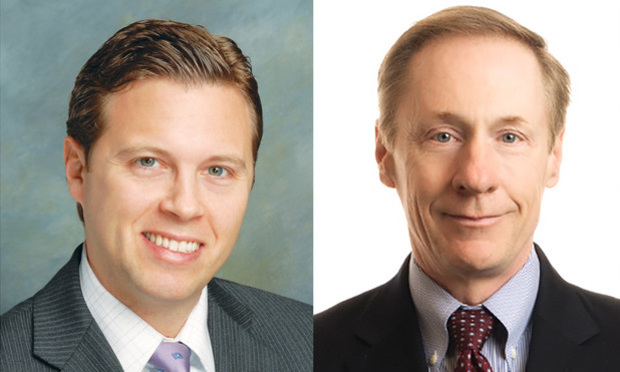Although broad, the Bankruptcy Code’s discharge provisions for individual debtors are not without limits. For example, as many practitioners know, Section 523 provides exceptions for debts or obligations incurred by false or fraudulent means. Arising from this Section 523 exception has been a dispute among the circuit courts involving individual debtors who make a false, but unwritten statement regarding one particular asset. In a recent decision, the U.S. Supreme Court tackled this difficult question by holding that such “a statement respecting the debtor’s financial condition,” is only excepted from discharge if, among other things, it is in writing. In so doing, the broad discharge the Bankruptcy Code provides individual debtors has been clarified and strengthened in Lamar, Archer & Cofrin v. Appling, 2018 U.S. LEXIS 3384 (U.S. June 4).
The facts in Lamar are straightforward. Prior to his bankruptcy filing, the debtor hired a law firm to represent him in business litigation. Thereafter, he fell behind on his legal bills, which soon totaled more than $60,000. As a result, the law firm threatened to withdraw from the litigation and place a lien on its work product until the bill was paid. At a subsequent meeting, the debtor told his attorneys that he was expecting a tax refund of approximately $100,000, upon which the firm relied. The debtor later filed his tax return, but requested a refund of less than $61,000 and ultimately received slightly less than $60,000. Rather than paying the law firm, the debtor spent the money on his business. At a subsequent meeting, the debtor told his attorneys he had not yet received the refund. The firm again relied on that statement and completed the litigation. Eventually the firm sent the debtor its final invoice, which went unpaid for five years. The law firm obtained a judgment in excess of $104,000, following which the debtor and his wife filed for bankruptcy.


 Michael J. Custer, left, and Francis J. Lawall, right, of Pepper Hamilton.
Michael J. Custer, left, and Francis J. Lawall, right, of Pepper Hamilton.




